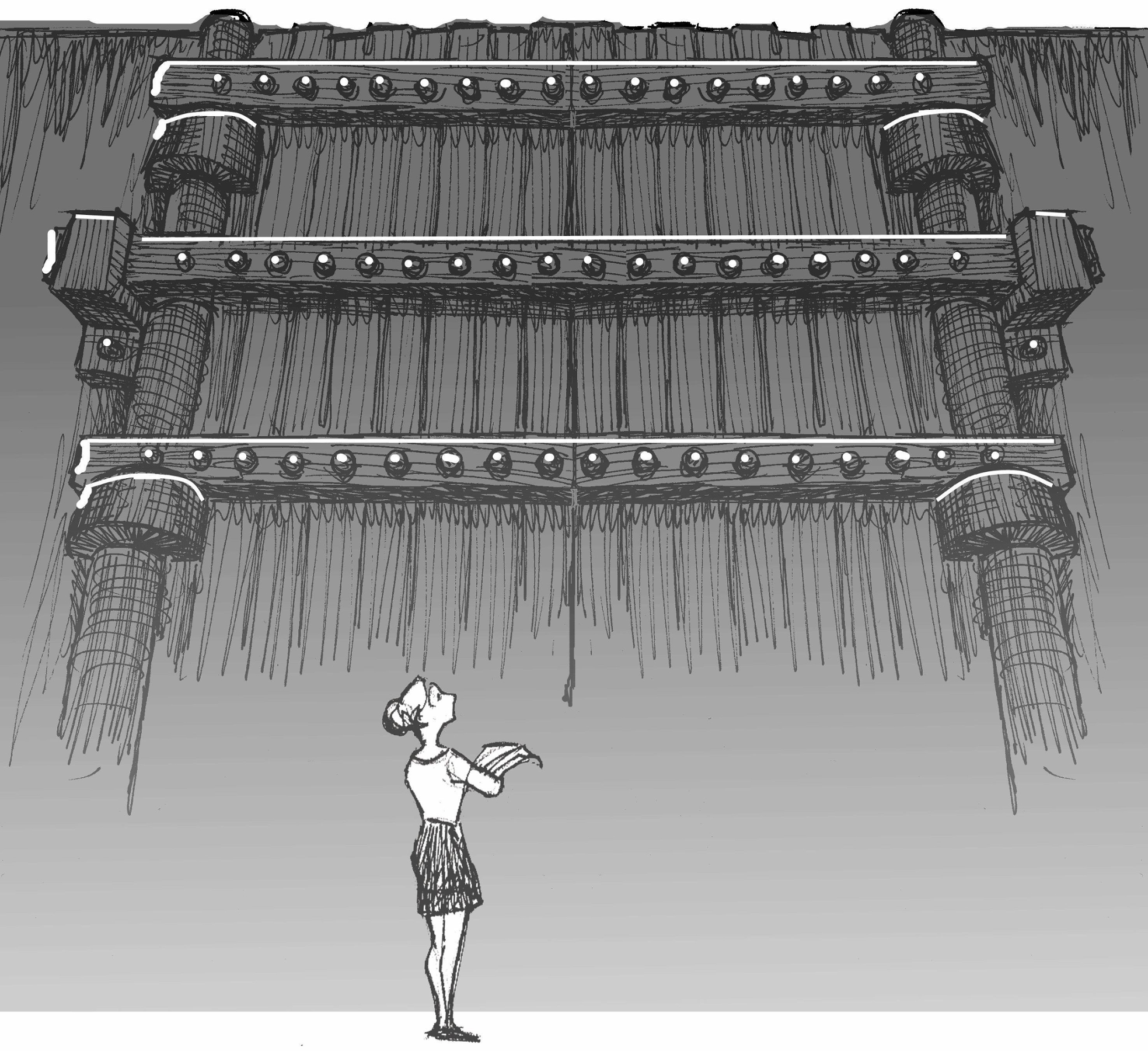
Most researchers are familiar with open access. It includes things like posting pre-prints, putting data in open repositories, sharing protocols, and publishing in open access journals. All of which helps to accelerate research progress, allowing us to respond to societal challenges more efficiently. The problem is, researchers are constantly confronted with unspoken expectations about where they should publish their work, making it difficult to encourage open science in the academic community. Implicit evaluation criteria can heavily influence researchers’ decisions. But as a global academic community, we can reconcile our priorities with how we evaluate researchers by modifying the standards we use in research evaluations.
Incorporating open access activities as explicit criteria in researcher assessment is important for the sake of scientific progress—and its ability to efficiently address societal challenges. At DORA, we strive to support institutions in finding ways to include contributions to Open Science in their evaluation of researchers in hiring, promotion, and funding decisions. In honor of open access week, we asked several members of our steering and advisory boards to weigh in on why rewarding open research matters.
Let’s take data sharing for example. “The practice of making data freely available maximizes its impact and is efficient,” says Rhoda Wanyenze, of the Makere University School of Public Health. “Researchers approach data with their own unique perspective. A single dataset may be used to answer multiple research questions or several datasets can be pooled together to address big global issues, without necessarily undertaking new data collection.” If contributions to open science were recognized by faculty search committees and grant panels, we could effectively encourage researchers to share data more openly.
DORA steering committee chair Stephen Curry says he would like to see contributions to open science included in research evaluation because commitment to practices such as preprinting, open access, data-sharing ,and open peer review have the potential—when done responsibly—to make science better, stronger, faster, and more responsive to challenges that humanity faces. For that very reason, the Charité Hospital in Berlin has begun asking its faculty applicants to describe their contributions to Open Science.
Jennifer Hansen and Ashley Farley of the Bill and Melinda Gates Foundation note, “Open access publishing of peer-reviewed research holds the potential for researchers from diverse backgrounds to come together and accelerate the research process —and in turn, leads to new ways of making people’s lives longer, healthier and more productive. The vision for open access publishing is a rapid and free exchange of ideas that moves humanity forward.”
The vision of what open science could achieve motivates many people in the research community to modify their behavior. But lots of work needs to be done to help researchers in this transition. “Open Science has the potential to make the scientific enterprise more inclusive, and bridge North-South divides in research,” concedes Ahmed Ogunlaja, founder of Open Access Nigeria. “But in order to achieve this ideal of inclusivity, we need to consciously develop strategies to engage researchers and faculty in the global South. We need to ensure that they are have the capacities that their counterparts in the global North have, and are engaged and involved in every step of the open research and open science process. Only then can we say we are truly ‘open’.”
If the goal of research is to improve the lives of people everywhere, then we need to equip ourselves with the insights of researchers from diverse backgrounds. One way to do this is by fostering a research system that encourages progress, not prestige. “One of the biggest challenges we face in open advocacy is the lack of incentives,” says Erin McKiernan, National Autonomous University of Mexico. “Some current evaluation systems even actively discourage faculty from publishing in open access journals. I would like to see universities worldwide rethink and revise their tenure and promotion guidelines to explicitly support faculty sharing their work, and not just articles, but also code, data, and other diverse products of the research cycle.”
Helen Sitar is a Science Policy Programme Officer at EMBO, and Anna Hatch is the DORA Community Manager.

